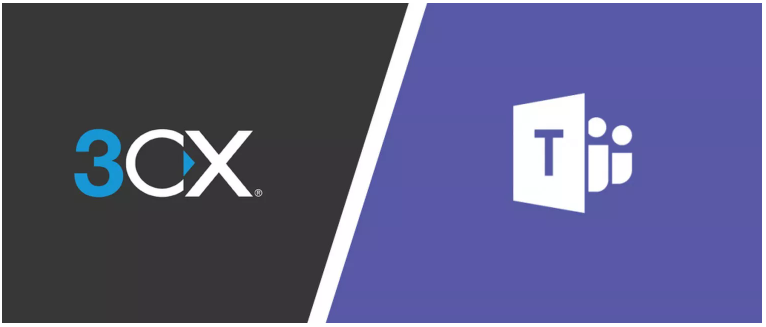Unified Communications involves combining multiple enterprise communications channels, such as voice calling, video calling and instant messaging, and integrating them into one platform for ease of use.
Unified Communications describes not only how we connect different methods of communication, but also how we collaborate too. UC allows businesses to break down silos between teams with easy methods of collaboration and ensures that the same information can be accessed regardless of location.
What is Unified Communications?
UC technology allows users to switch between different modes of communication easily, such as text, voice or video calling. Unified Communications may be supported by UC platforms which allow an easier integration across services through Unified Communications as a Service (UCaaS).
Businesses may want to use unified communications as it helps increase productivity by combining applications like video, email and voice into a single platform, saving time and improving organisation within the business as employees can access all their applications in one place. UC can also promote interaction and collaboration within departments, demonstrating why it is a popular system being deployed by businesses.
Unified Communications systems can be used in a public or private cloud, or a hybrid. Some different components of unified communications include:
- Text messaging
- Voicemail
- Screen sharing
- Audio conferencing
- Video conferencing

What are the Benefits of Unified Communications?
There are many benefits of UCaaS and what it can bring to your business. These benefits might include:
- Increased productivity by allowing teams to communicate in many different ways, whichever way they feel most comfortable, and using their favoured type of device or medium.
- Streamlining IT operations through one integrated system.
- Better collaboration between employees of the business as files can be shared, commented on and edited easily.
- More effective business communication and problem-solving.
- Reduced costs as unified communications systems operate on the cloud. See our cloud computing page for further information.
Unified Communications Providers
A few examples of unified communications providers and unified communication platforms include:
- Microsoft Teams is part of Microsoft Office 365 and combines your existing communication channels into a single framework. The methods of communication include video conferencing, instant messaging and file sharing.
- 3CX is a software-based PBX that works with phone hardware and also features extensions that can be used on web browsers as well as mobile apps.
In terms of the best UCaaS providers, it is important to note that different unified communications providers will be best suited for businesses with different requirements. Microsoft 365 Business Voice for example, which includes Microsoft Teams, can be available from £9 / user per month.
Alternatively, the advantages of 3CX are that it can be hosted on a remote server or on-premise. It is also very cost-efficient so tends to be ideal for small businesses. It is important to know what is on offer from different unified communications providers, so you can be informed about which would be the best unified communications platform for your business.

Unified Communications Strategy
In terms of a unified communications strategy, UC works best by allowing employees and customers of a business to collaborate on shared information in their most preferred and most accessible methods. Preferred workflow, and therefore improved efficiency, should be a key consideration, blending voice, video and chat messaging to allow for a great user experience and easier working.
Unified Communications also allows businesses to use preferred tools which allows them to tailor the UC solution so it is best suited to the requirements which are specific to their business. For example, with the shift to more people working from home, a business’ UC solution can be critical to ensuring productivity away from the office.
Tribeca provides quality IT Support for Financial Services
There are various Unified Communications providers which are suited to different businesses and their requirements. It is crucial to know which Unified Communications platform will work best for your business in order to maximise the benefits such as increased productivity and collaboration within the business. A UC provider like Tribeca will be able to advise and make recommendations based on your business requirements.
Tribeca offers IT support services tailored to businesses in the alternative investment sector, from Hedge Fund IT Support to Private Equity IT Support. We operate as your business partner and want to be seen as an extension of your business, providing consistent quality and proactive assistance to help you grow and protect your business.
To learn more about the Unified Communications solutions we provide at Tribeca, you can visit our Telecoms services page.
For more information on our IT and managed services for the alternative investment sector, get in touch with us today.






